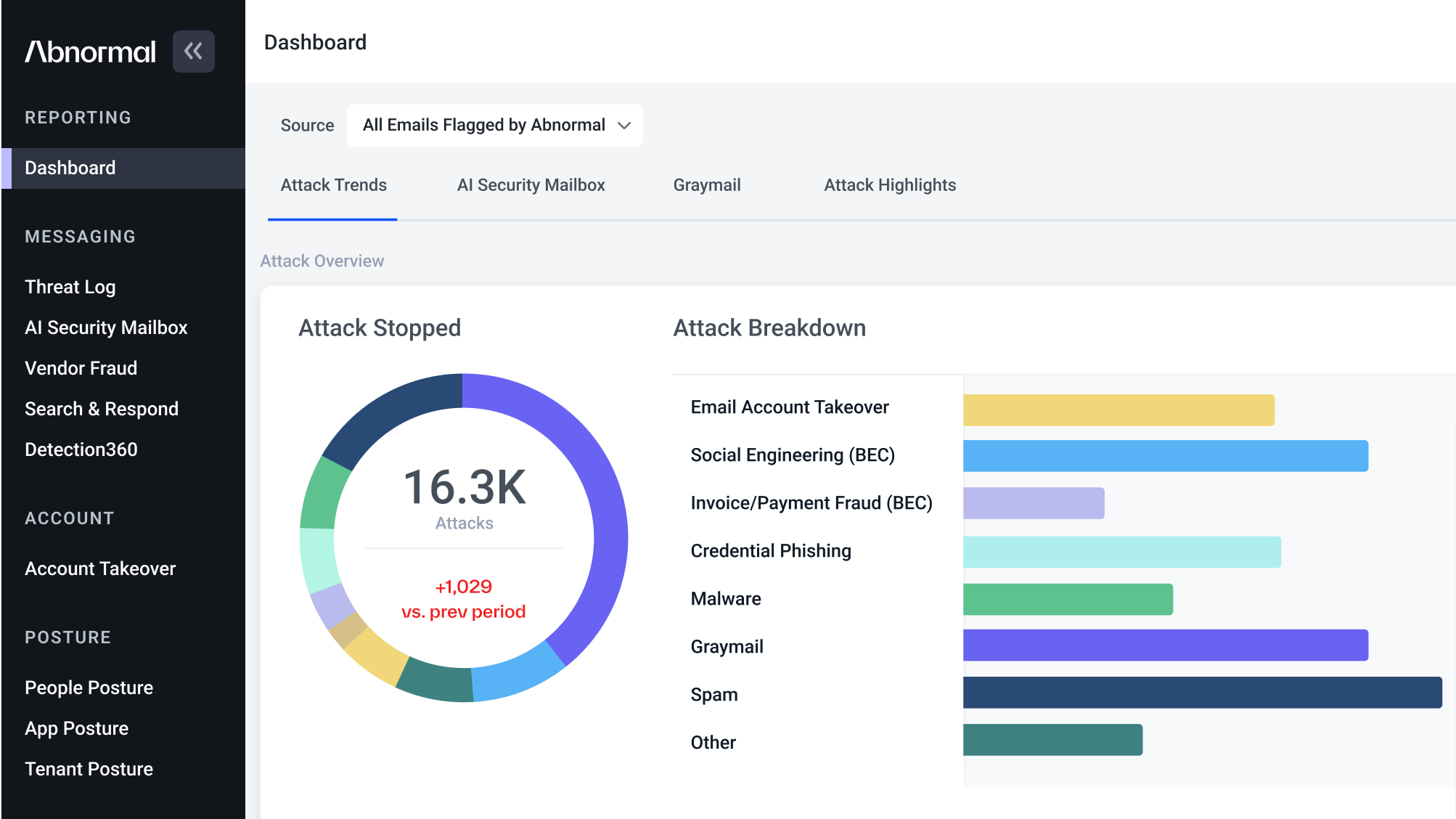Winning Back Productivity by Limiting Unwanted Mail
Whether it’s a sales outreach message, a promotional newsletter, or simply outright spam, sifting through unwanted mail takes time and energy away from more important tasks.
In many cases, graymail—an email message from a legitimate sender that is safe to engage with but promotional in nature—is the largest culprit. This category of messages includes emails like event invitations, vendor cold calls, external surveys, feedback request emails, and other types of promotional communications. And unlike spam, graymail generally provides some level of value—at least when it is sent to the right person.
That being said, vendor cold calls can target hundreds of people within your organization, and promotional newsletters are often sent to everyone. As the volume of graymail steadily increases, effective graymail management will become even more critical. And ignoring the issue will only lead to overflowing employee inboxes, wasted time, and lower productivity.
The Challenge of Stopping Graymail
Graymail takes many shapes and forms, and every employee within an organization has a slightly different response to it. One executive may want to field cold emails from potential vendors, while another opts to send these messages straight to the trash.
The breadth of individual preferences makes filtering out graymail with a simple global policy problematic. It’s especially unpopular with IT and messaging teams because they know users will inevitably complain when emails they want to receive are rerouted and vice versa. After all, no one wants to be responsible for the CEO not receiving his favorite newsletter each morning.
The existing approaches for managing graymail mean IT leaders have to decide between two unpleasant scenarios. The first option is to push the responsibility of sorting graymail downstream to employees. Taking this route requires the employees to:
Process graymail through end-user quarantine web portals in a separate UI, which often haven’t been updated or improved by SEG providers in the last decade.
Parse through daily spam digests that summarize all external emails, wasting exorbitant amounts of time to find needles in the haystack.
Manually build and maintain their own safelists and blocklists to control what is delivered to end-user inboxes.
The other option is to have the IT team set bulk email thresholds and attempt to detect the most glaring examples of graymail that are impacting users. In addition to being inefficient and less effective, this approach also requires IT to constantly adjust the filtering in response to an endless cycle of one-off employee requests.
Neither approach is practical or scalable, and both create mountains of support tickets and headaches for IT. To effectively control graymail, enterprises must implement a solution that employs advanced detection techniques and utilizes innovative technology.
Limiting Time-Wasting Email Without Rules or Policies
The ideal approach to limiting time-wasting email requires no rules or policies—from end users or IT teams. It involves implementing a solution that understands business context by utilizing natural language processing (NLP) derived from a strong API integration with Microsoft 365.
Microsoft can provide tens of thousands of signals about relationships, behavior, and preferences. Instead of relying on basic filtering rules and policies, enterprises can use an innovative solution that utilizes these valuable data points to build an organization-specific behavioral profile, which helps in the fight against graymail.
The solution should also leverage behavioral AI that adapts the model based on user actions and supports a completely hands-off approach. Organizations that attempt to filter graymail using static rules and policies are unsuccessful because this system doesn’t address the variance in content across these messages. It also can’t be scaled to support thousands of users’ specific preferences.
Behavioral AI synthesizes tens of thousands of signals to precisely categorize all emails across the full spectrum of email content—from advanced attacks to unwanted email. And with this accurate, adaptive graymail detection, there’s no longer a need for fine-grained policies or continuous updates to detection rules.
Rather, the detection engine can assess each message and take remediation actions based on an ever-evolving, always-improving, organization-specific definition of graymail. The result is the highest level of graymail detection efficacy with the lowest administrative effort.
The Benefits of Adopting a Modern Approach
With this technology, IT leaders can achieve the following:
1. Refine graymail protection for individual employees via adaptive personalization.
User actions like opening specific emails and moving messages from the inbox to other folders provide valuable inputs that a behavioral AI/ML model can use to personalize, adapt, and improve protection over time. Allow and block lists can also be automatically updated based on observed user preferences.
2. Eliminate the need for end-user quarantines and portals.
Messages are sorted into a promotions folder, not an end-user quarantine portal. Plus, direct integration between the cloud email security provider and the email infrastructure provider allows for a native end-user experience and frees end users to use the email client of their choice.
3. Demonstrate instant ROI, with unique insights into email’s impact on productivity.
Using technology specifically designed to manage graymail provides IT leaders with visibility into which employees are the most frequently targeted, top senders, and the time-savings from limiting the volume of unwanted mail users receive.
The Solution to Graymail is Abnormal
Only Abnormal Security combines an API-based integration model with advanced, behavioral AI-based detection to address and mitigate risks and inefficiencies across the full spectrum of email.
Our Email Productivity add-on layers onto the core Inbound Email Protection product and applies the same behavioral AI, natural language processing (NLP), and natural language understanding (NLU) models that help stop the most sophisticated email-based attacks to limit graymail. Make your workforce more productive by putting time-wasting email on autopilot with Email Productivity from Abnormal.
To see how Inbound Email Protection and Email Productivity can benefit your organization, request a personalized demo today.
Get AI Protection for Your Human Interactions







